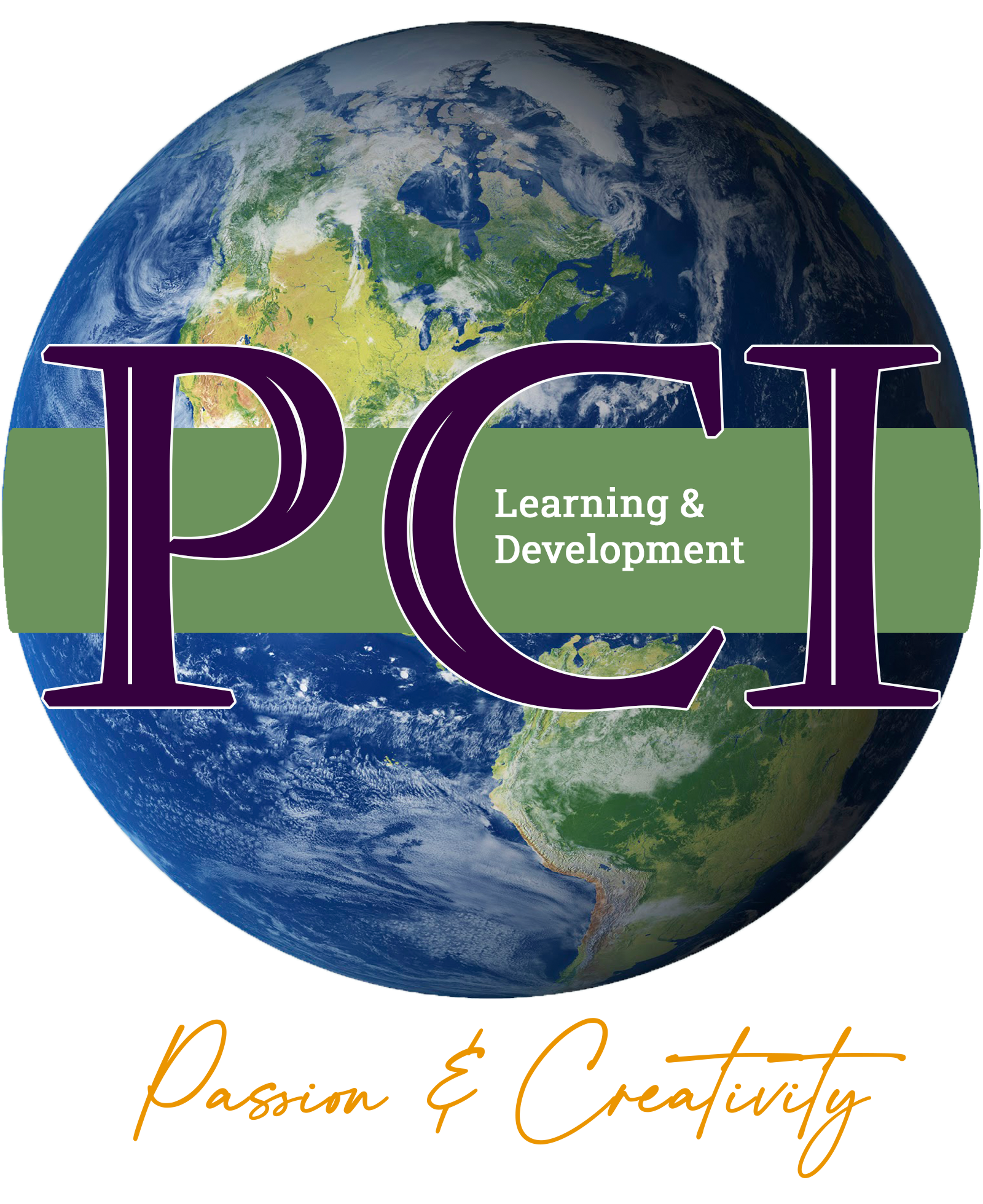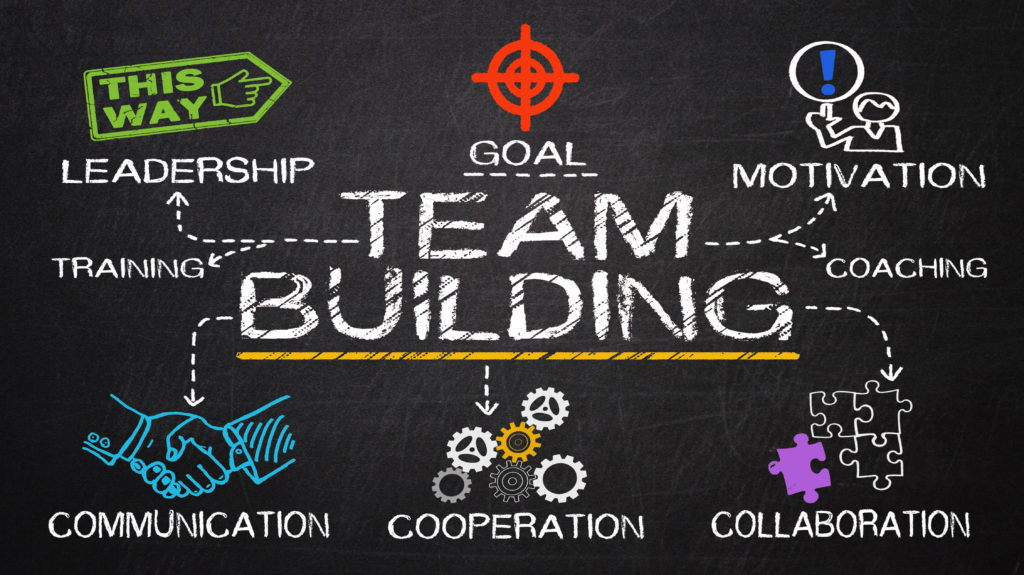Introduction:
What do great teams do that the others fail to do? How do team leaders build their teams to be great and ensure that their teams are collaborative, self-reliant, motivated and productive?
This highly interactive program will address these questions and will help participants understand how teams can achieve much more than either the team leader or the team members dreamt possible. It will help team leaders and supervisors build skills and techniques that enable them to feel more in control of their team, whilst at the same time applying techniques that help team members release their talents, energy and potential.
The program will examine the most up-to-date, tried and tested methods to motivate and manage teams for improved productivity and increased morale and will help to turn average team leaders into one’s that others in the organization will aspire to become.
The program will highlight:
- Understanding your own style, work habits and motivations and how these influence your ability to lead your team more effectively and get the best from them
- Building team purpose, culture and expected behavioral norms
- Building an energized team that respects strengths, personality differences and work-style preferences
- Developing a culture of team communication, feedback and early conflict resolution
- Taking the team to new possibilities via creativity and collaborative working techniques
Objectives:
By the end of this training course, participants will have learned to:
- Identify individual work styles and personality differences and how to use them to develop your team
- Apply the latest principles of time and activity management and how to use them to manage yourself and your team
- Draw-up a comprehensive Team Purpose Analysis and objective set for the team’s foundation
- Use creative techniques to push the boundaries of team problem-solving and decision-making
- Apply tried and tested motivation techniques to get the best out of all team members
- Use communication techniques that help minimize “noise in the team system”
- Influence team members to embrace change and use it as a powerful, positive force
Impact:
Organizational Impact:
Your organization will benefit from team managers and supervisors who return with a comprehensive knowledge of how to build and develop teams that fulfill their potential and improve their motivation and productivity. They will be able to:
- Build a productive culture that acts as a role model for other teams in the organization
- Work more efficiently and effectively by identifying real priorities and challenging activity that does not add value
- Recognize team issues and deal with them swiftly before they affect the rest of the team
- Identify star performers in teams and nurture them for the future benefit of the organization
- Apply techniques of motivation and structured feedback to help turn around under-performing team members
Personal Impact
The program will give participants the confidence, energy and skills to build and develop high performing teams. Participants will
- Be able to use knowledge of their own work style to improve their relationships with team members and get the best from them
- Improve their ability to control inter-personal situations and outcomes that previously gave them cause for anxiety and stress
- Gain increased respect from their team members as they seek to help them fulfill their potential
- Manage their teams to deliver improved productivity with less personal effort
- Be able to take on secondary teams as their ability to manage their core team with less personal effort grows
- Transfer the skills learned during the program to manage people outside their team, such as suppliers and customers
- Enhance their career prospects by leading successful high-performing teams that catch the attention of organizational leaders
Methodology:
Participants will receive a thorough training on the subjects covered by the seminar outline with the instructor using a variety of proven adult learning teaching and facilitation techniques. Training methodologies will include video presentations, case studies, participative discussions, experiential activities, self and team assessment diagnostics and scenario building forums. Pre and post-test assessments will be completed to measure the learning and understanding resulting from the program.


